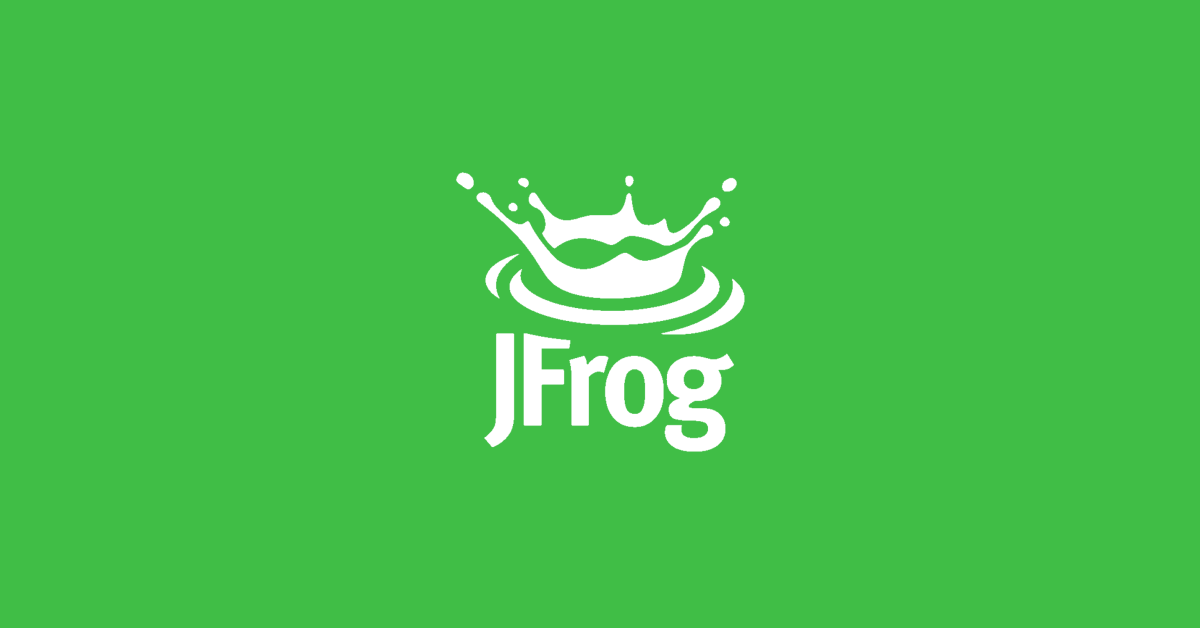Bangalore, NFAPost: US-based global software product firm JFrog has unveiled its hybrid solution on the Amazon Web Services (AWS) platform for boosting DevOps of enterprises.
“The new container registry and package manager allows customers to manage software packages on Kubernetes clusters in the cloud, on-premises or both,” said the liquid software firm in a statement here.
The California-headquartered firm, which created DevOps platform, has a development centre in Bangalore as part of its global operations with presence in Europe, West Asia and Asia.
DevOps is the combination of practices and tools to increase an enterprise’s ability to deliver applications and services at high velocity. They improve products at a faster pace than traditional software development and infrastructure management processes can.
The new container registry and package manager runs JFrog Artifactory with Kubernetes clusters in hybrid mode.
“When it comes to cloud-native infrastructure, our first objective has always been to offer customers the freedom of choice and flexibility,” said JFrog’s Co-Founder and Chief Technology Officer Yoav Landman on the occasion.
The solution also gives enterprises an option to scale and extend their Develops pipelines to Kubernetes-based platforms, irrespective of their location, ensuring data privacy and proximity for their containers.
“Our Artifactory for Amazon EKS (Elastic Kubernetes Service) Anywhere ushers in flexibility, scalability and ease-of-use for customers wanting to utilise containers within their IT environment,” said Landman.
Amazon EKS Anywhere offers the same user interface and best-in-class capabilities as its SaaS version to deliver a seamless user experience across on-premises, cloud-based or hybrid environment.
“We’ve been using JFrog Artifactory on AWS for its breadth of coverage,” said Monster.com Chief Architct Martin Eggenberger in the statement.
AWS General Manager for Kubernetes infrastructure Bob Wise said the new solution would enable customers to benefit from containerisation applications at scale irrespective of their workloads running in the cloud or on-premises.
According to industry estimates, over 3.5 billion applications are running in Docker containers, with 48 per cent of enterprises worldwide managing containers at hyper-scale using Kubernetes.
“As containers are faster and more lightweight than virtual machines, many companies have opted to have their container instances managed by third-parties or cloud service providers,” the statement added.





